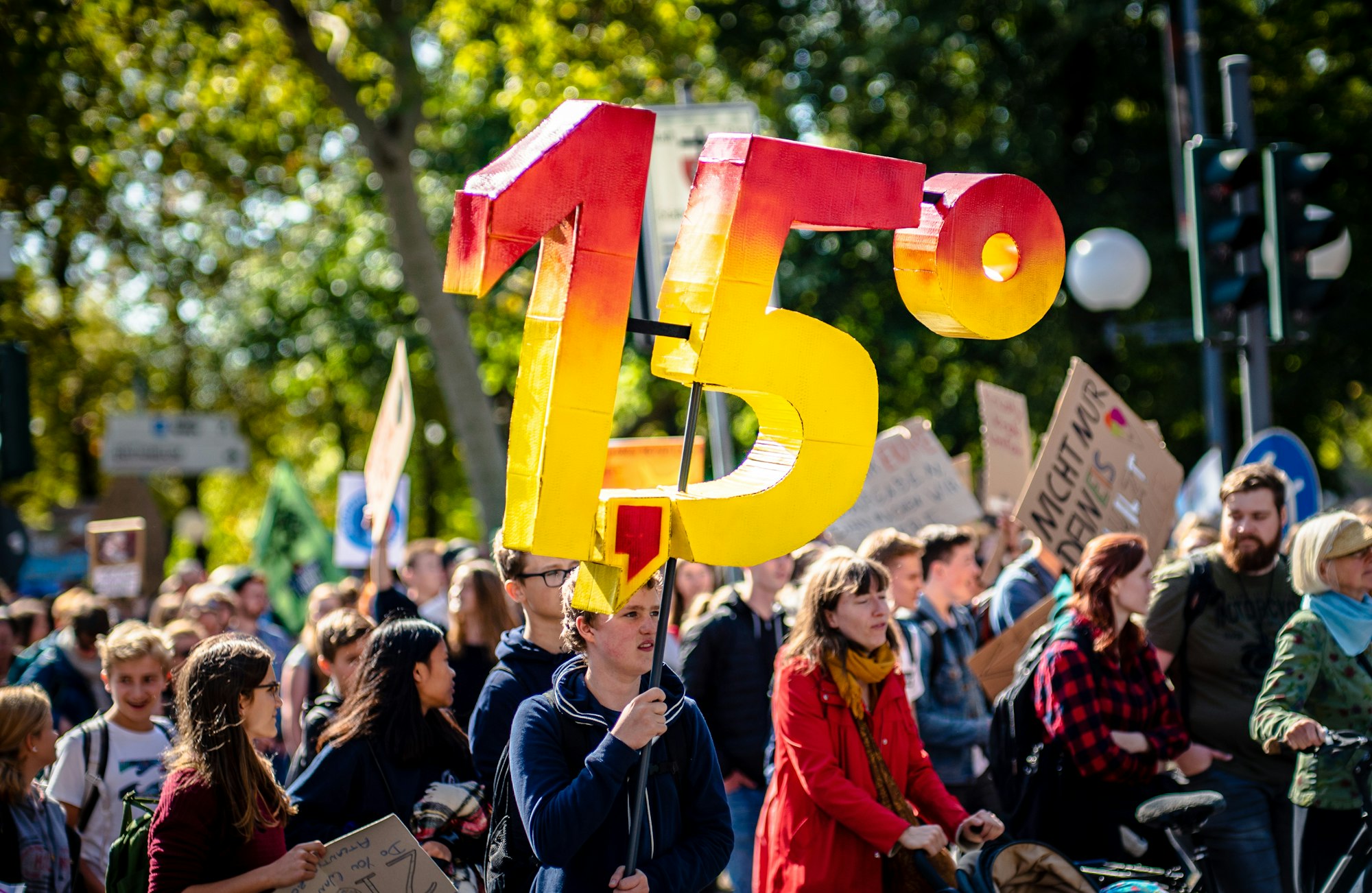Youth & Politicians: Bridging the Gap for Climate Action in Malaysia

The youth have been blaming politicians for not doing enough with regard to climate change. Politicians have been blaming the youth for not working slaving their asses off into (dirty) politics.
Blaming won’t get us anywhere but it has given us an insight into the problem.
And the problem is the lack of civil, respectful and thoughtful communication between youth and policy-makers.
Slow to Care, Slow to React
For years, there have been talks after talks about the climate crisis.
I know because I was a part of the youth climate policy group, the Malaysian Youth Delegation.
I’ve also been keeping tabs on the goings-on in the climate scene in Malaysia and worldwide.
From my perspective, despite the dedicated work done by those who have been in the environmental sector for decades, forests continue to be degazetted and cut down, waste management is poorer than ever, and our waters continue to be polluted.
The government of Malaysia still does not care for the environment.
And so, the problems have gotten worse and now we’re dealing with the mammoth that is climate change.
Following the Paris Accord in 2005, it seems that the government of Malaysia is just about to take this seriously.
But without this pressure from the whole world, I bet that politicians and corporations would continue to pillage the earth without mercy.
Politicians Work For The People, But The People Have to Do the Work First
Thankfully, the youth of today can grasp the severity of the situation much quicker than the older generation.
We have less than 10 years to limit climate change catastrophe.
Sadly, despite the Paris Agreement and the climate targets set out by participating countries, we’re not on track to keeping global heating to 1.5C.
On my end, I feel like I’m doing a lot as an individual.
- Eating vegan food so I don’t contribute to factory farming
- Not buying single-use plastics anymore
- Segregating my waste as best as I can
- Not buying shit I don’t need
An individual’s actions do matter.
But that needs to be compounded to collective action for global warming to be kept well below 1.5C.
Not everyone is doing what I’m doing.
That’s mainly because we’re so used to the old ways and that there’s little to no incentive by the government to encourage eco-friendly practices within the community.
So it’s up to eco-conscious individuals to inspire the community.
It’s up to the people, particularly youth, to start mobilizing so that the politicians could see that we mean serious business.

Involving Youth in Climate Policy
In February 2021, I attended two virtual events that had a similar theme: the participation of youth in climate policy and the decision-making process.
The events were:
- A panel discussion on youths in the decision-making process hosted by EcoKnights Project Vocal
- The climate reset dialogue hosted by Glober Shapers KL
The first event felt like a motivational talk whereby the panellists shared their experiences in attending policy-making processes like at the UNFCCC events.
The second event was more of a how-to discussion to promote youth involvement in climate policy and solutions.
Both of the events highlighted that there hasn’t been a solid platform for youth to properly voice out their concerns to politicians about the climate crisis.
There is, however, a growing effort to combat this problem and bridge the gap between youth-led organisations and the government.
This effort is in the form of the Malaysian Youth Climate Action Pact (MYCAP).
Recently, there’s an initiative under the Communications and Media Ministry that also adopts the acronym MYCAP but it stands for Malaysian Creative Capacity Enhancement Programme. The acronym doesn’t make sense to me in this context and should be MCCEP.
A Youth-led Initiative to Bridge the Gap Between Youths & Politicians
MYCAP highlighted 5 main problems that drove their formation, which are:
- Youth NGOs are working in silos
- There’s no partnership with any ministries
- There’s no national narrative on climate action
- Lack of resources
- Lack of media coverage
The aim is to increase the rate of youth consultation between relevant ministries.
In the meantime, this kind of dialogue is necessary to collect information and acknowledge youth voices.
Immediately after the second event, there was an invite-only debrief session whereby participants were split into breakout rooms to share their thoughts on climate change and solutions.
The session was recorded and the data would be collected as a report to be sent to the World Economic Forum.
I’m not too sure what the outcome of the report would be.
Would it act as proof to the government that the youth in Malaysia want their voices to be heard?
Or would it just be a mere formality to add on to research data?
I don’t know.
But what I do know is that the events were a step forward to engage with NGOs and politicians in a more consistent manner.




Comments ()